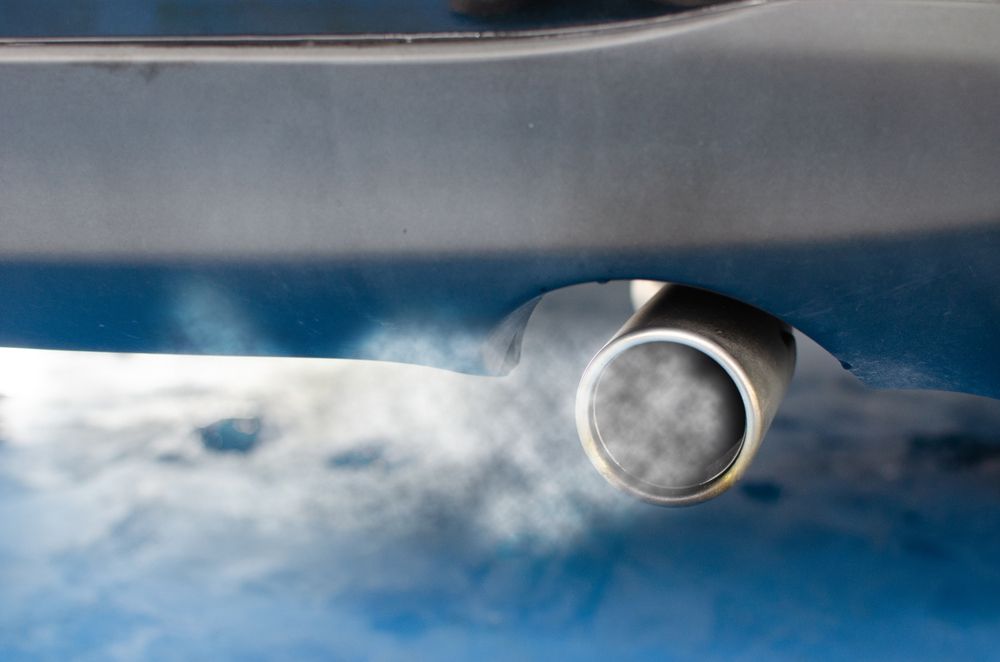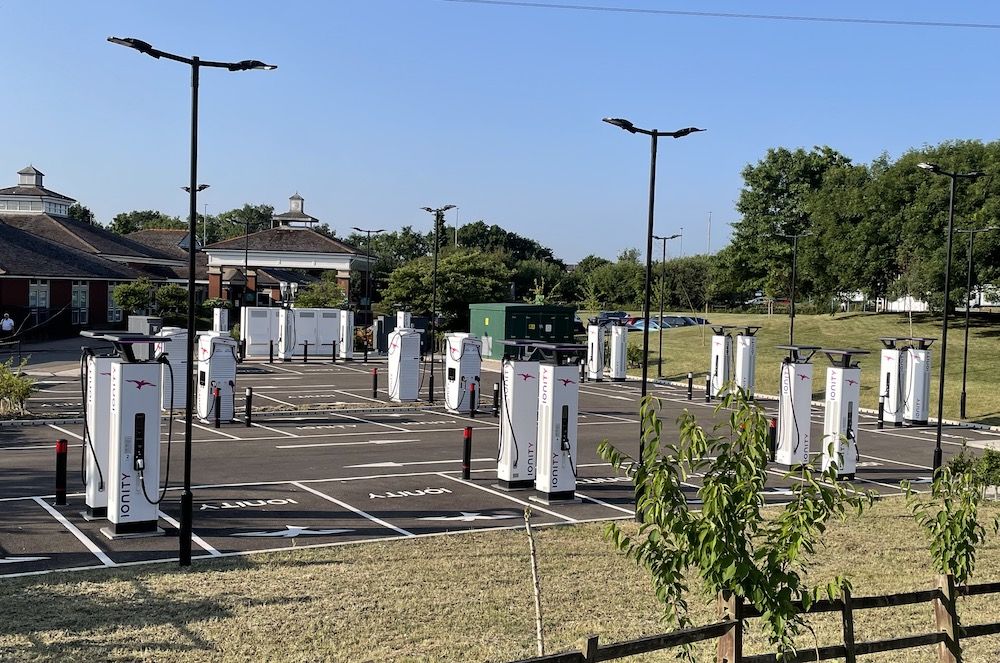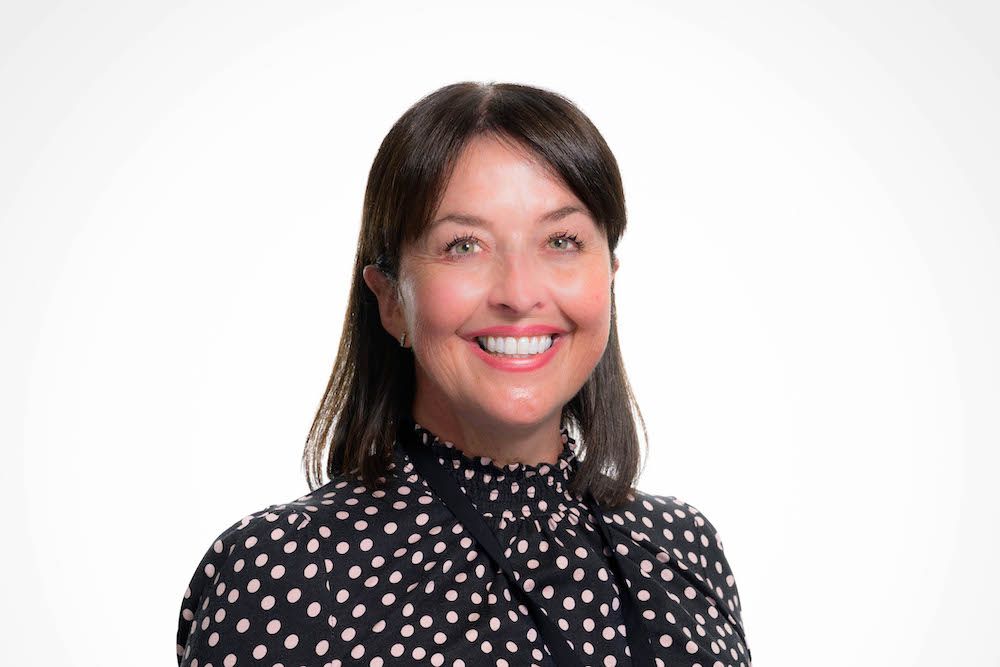Chair of WCRAQ, Barry Sheerman MP, hosted the ‘Clean Air Day – Call to Arms’ meeting to take action on air pollution and protect children’s health. Joining him were Global Action Plan, EV Thank You, PACTS and Clean Air Champions Professor Sir Stephen Holgate and Professor Jonathan Grigg.
WCRAQ organised this event focusing on MPs so they could learn what policy changes need to be implemented to tackle the major health crisis of air pollution.
Each year, 40,000 people in the UK die prematurely because of the poor quality of air they breathe. Yet, healthcare professionals are not trained enough or taught to recognise the effect of air pollution on the human body.
Action is required to educate healthcare professionals about the effect of air pollution on the human body and to get sustainability on the curriculum.
Larissa Lockwood, Clean Air Director of Global Action Plan, emphasised the importance of bringing the public’s attention to the ‘invisible killer’ of air pollution.
Clean Air Day has helped raise awareness of the health impact of breathing dirty air. A recent poll showed that the public believes air pollution should be prioritised above smoking, healthy eating, and potholes.
The meeting then heard from the newly appointed WCRAQ Youth Ambassador, Charlotte Smith of the EV Thank You campaign. The Commission is delighted to have Charlotte on board as a voice for the young generation which will ultimately bear the consequences of internal combustion engines.
The EV Thank You campaign has led to thousands of EV drivers being thanked across the UK, Oslo, and California. Charlotte aims to visit every country in an electric car to thank all-electric drivers committed to protecting children from the harmful effects of emissions.
Clean Air Champions, WCRAQ Air Health Chair Professor Sir Stephen Holgate, Clinical Professor of Immunopharmacology at the University of Southampton, and Professor Jonathan Grigg, Queen Mary University, London, addressed the MPs.
Professor Sir Stephen Holgate highlighted three key learnings from the inquest for Ella Kissi-Debrah and Coroner Philip Barlow’s subsequent ‘Prevention of Future Deaths’ report.
Firstly, the UK Government must realign the legal limits of air pollution levels to the World Health Organisation’s recommended safe limits. Secondly, air pollution levels in local areas must be communicated to the public. The language around improving air pollution should shift the focus from the negatives impacts to the positive, such as walking and cycling to protect our children’s health and the most vulnerable in society.
Thirdly, Holgate emphasised the need for the medical community to be trained and made aware of air pollution’s health impacts. He reflected that in her 30 admissions to the hospital, Ella Kissi-Debrah was not once considered to have been exposed to high levels of air pollution.
This is not the fault of her doctors and nurses but a reflection of their curriculum.
Lastly, David Davies of the Parliamentary Advisory Council for Transport Safety and Jason Airey, MD of CMS SupaTrak and Energy, Fuels & Vehicles Chair, discussed the release of the new constituency dashboard.
The dashboard will offer a fair representation of air quality over each constituency for MPs and the general public to utilise. Moreover, it will show the distribution of electric cars and electric charging points, crucial for the rollout of EVs as we reach 2030.
Image: Shutterstock














